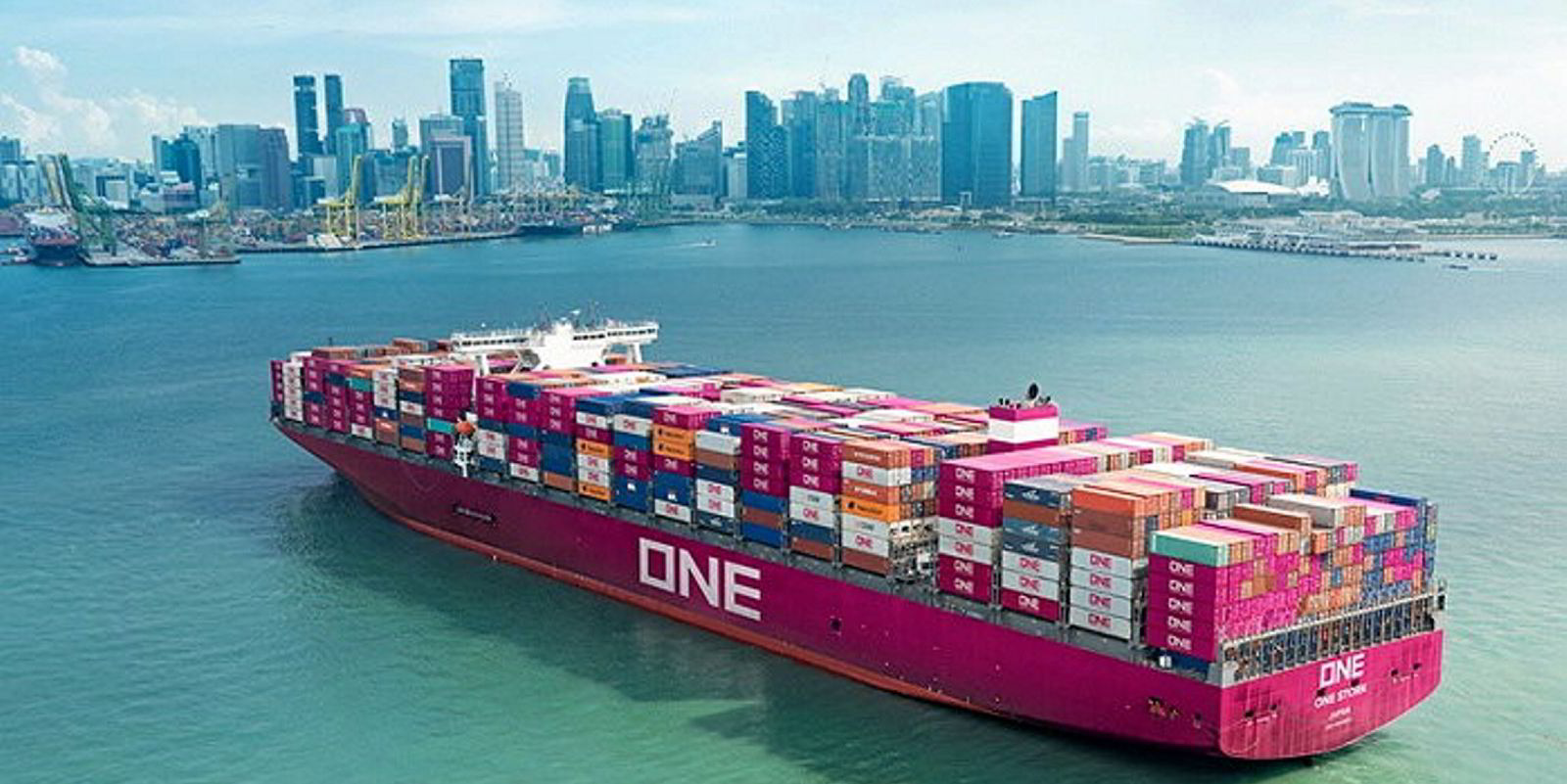If one good thing came out of the pandemic for shipping, it is how the disruptions it caused forced this conservative industry, with its archaic practices, to begin embracing the digital age.
Digitalising the industry began long before the virus struck, but it was happening at a glacial pace. One tech developer told me that dragging shipping into the digital age was like pulling teeth, only worse.
Often, I would overhear comments at conference forums on the need to digitalise shipping suggesting that this was being forced on the industry by technology companies searching for solutions to problems that did not exist.
Smaller companies would complain that digital solutions were expensive, and, given their tight margins, something they could ill afford.
But then came Covid-19!
With the world forced into lockdown, working remotely from home became the norm. Who would have believed only months before that business could still function with employees working from their dining room tables?
It quickly became apparent that this new style of working, which in many places continues to this day, was not compatible with the old-fashioned physical paperwork method that shipping relied on so heavily.
Take the bills of lading that are a cornerstone of shipping’s ability to function. These important legal documents that indicate the rightful owner of a cargo on board a ship are continuously couriered around the world as cargoes are loaded, transported and discharged.
The failure of the prompt delivery of bills of lading to the correct party entitled to hold them can lead to expensive lawsuits. And, as the collapse of Singaporean oil trader Hin Leong proved, a letter of indemnity to facilitate the discharge of a cargo while the bills of lading are still in transit is not worth the paper it is written on.
The chaos Covid caused for the movement of physical documents has been costly to supply chain stakeholders.
At the IBA Maritime & Transport Law Committee mid-year conference in Singapore on 6-8 June, Silke Fischer, head of global product management, sea freight, at German logistics giant Leschaco, highlighted the problems freight forwarders experienced with physical bills of lading during the pandemic.
With limited air transport, mass resignations in the logistics industry, quarantine orders that prevented couriers from crossing national borders and a dearth of employees in offices due to infections and lockdowns, the number of lost bills of lading soared to unprecedented levels.
Clients wanting to discharge against a letter of indemnity had to provide bank guarantees of up to 200% of the value of the cargo, provided they could find a bank officer able to issue the guarantee, Fischer explained.
This caused many problems.
Cargoes could not be processed by customs, causing blockages at ports, while consignees had to absorb storage and demurrage costs and hefty late declaration fines.
“Customers are never wrong, so the burden falls on the freight forwarder,” Fischer lamented.
Problems such as these have led to a significant uptake of electronic bills of lading by big carriers in the liner trade.
Speaking at the same forum, Boaz Lessem, general counsel and head of legal for WAVE BL, a technology company that describes itself as a digital document courier, said he expects medium-size freight forwarders to get on board next.
Last week also saw the launch of SGTraDex, a data highway platform designed to facilitate the safe and instant electronic transfer of bills of lading and other important documents that are generated for any transaction in shipping.
SGTraDex, a joint project between Singapore’s Infocomm Media Development Authority and a group of high-profile supply chain players, was conceived during the darkest days of the pandemic and shows how quickly something useful can be developed when government and industry sit down together and find solutions to problems.
It is clear that shipping’s existing physical paperwork trail is increasingly outdated and inefficient. Change is in the air, and it is time for the entire industry to get on board.
There are cost-effective solutions out there for every organisation’s size and budget.
Companies that fail to adapt could soon find themselves as obsolete as airlines still issuing paper tickets and requiring passengers to confirm their bookings two days in advance. Oh wait, I can’t think of any that still do. Can you?





